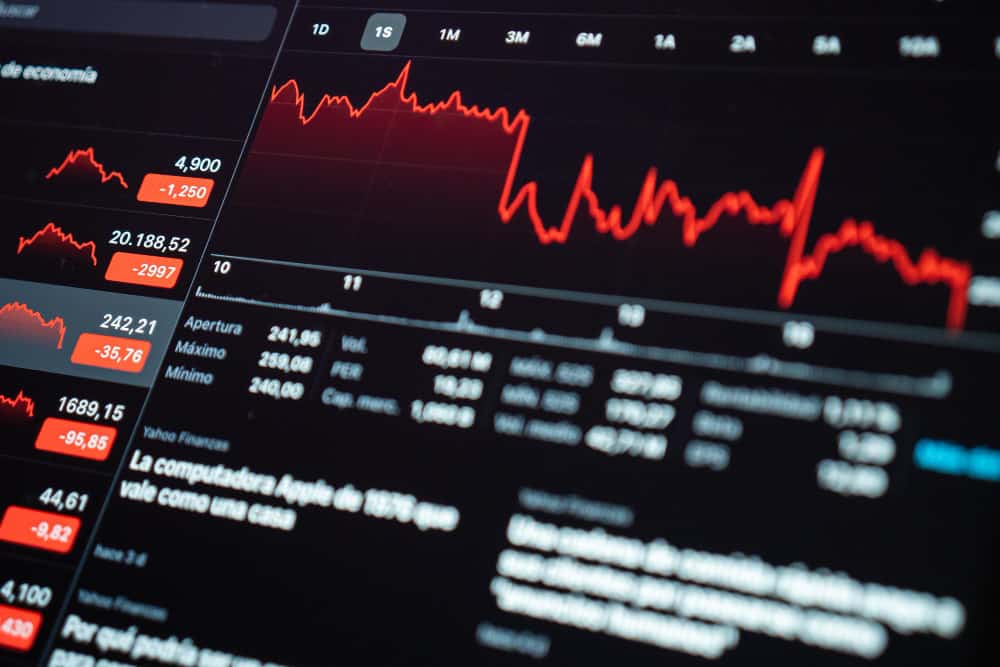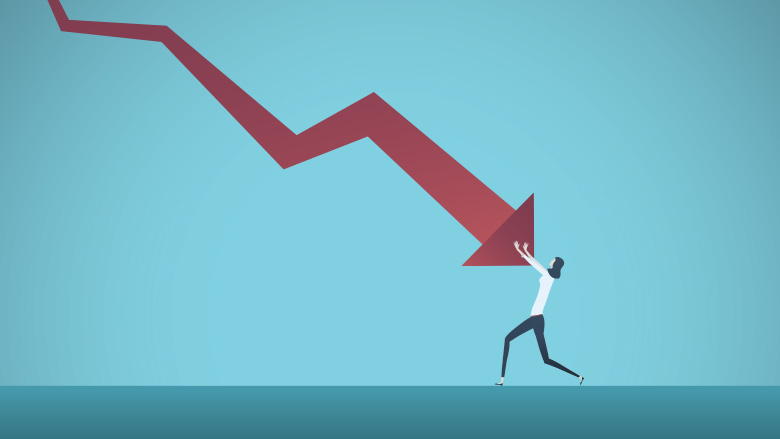
2023 is a strange time to be alive. By all means, this is the post-COVID world where people are already recovering from illnesses and finding new ways to fall sick too.
To make matters worse, market pundits are already calling it a global recession, much akin to the global financial crisis of 2008, thereby raising concern for several countries around the globe. And there are more than one reasons why Australia needs to up its guard.
For starters, there’s the ongoing trade war between the United States and China, the rise in global debt levels, and of course the aftermath of COVID-19 on the world economy. However, the matter taking centre stage is the increasing demand for diesel fuel that drives power for major industries globally, the likes of trucking and construction.
The following market statistics account for a not-so-positive outlook:
- S&P Global Inc reports the demand for diesel in the US tipping by at least 2% in 2023.
- Bloomberg further reported a significant drop in trucking and container port activity in the Chinese subcontinent and equally lower consumption in Europe.
When you look at the Australian economy, things aren’t very promising either. Take Sydney for instance, where diesel prices show a downward trend from >$2.30 per litre to < $2.10 per litre, thereby initiating browser relief for household budgets struggling under high-interest rates and inflation.
According to the April edition of the World Economic Outlook update by the International Monetary Fund (IMF), advanced economies face an increased risk of a downturn due to the recent failures of banks in the US and Europe. As a result, the IMF has revised its forecast for global output growth downwards by 0.1 per cent. Nonetheless, Australia is projected to experience growth of 1.6 per cent in 2023 and 1.7 per cent in 2024.
Furthermore, the Cost of Living Report 2023 by Finder to hints elaborately at petrol prices as the leading source of financial strain for Australian consumers in 2023. Alongside, energy costs, rank fourth, following housing and grocery expenses. Reportedly, the proportion of households reporting petrol prices as a cause of financial stress surged from 12% in March 2020 to 27% in March 2021, before taking a dip to 26% in March 2023.
Looming Threat of a Global Recession in 2023 and Why Australia Needs To Think About It

Image Credit: https://www.worldbank.org/en/news/press-release/2022/09/15/risk-of-global-recession-in-2023-rises-amid-simultaneous-rate-hikes
That being said, the impact of a global recession in Australia could be way more significant, particularly given its history of economic recessions. The country has experienced several economic recessions in the past, with the most recent being in 2020, 2008, and 1991. What it means for Aussies is a high level of unemployment, a marked decline in consumer spending, and an equal slowdown in economic growth.
For 2023, the top contributing factors to the economic recession in Australia include:
- Rising debt levels
- The decline in business confidence, and
- Low levels of household savings
Now, if you look back, 2008’s recession in Australia was one of the worst economic downturns in history. It began in the United States and quickly spread to the rest of the world, resulting in widespread job losses, foreclosures, and bankruptcies. The crisis was caused by several factors, including the subprime mortgage crisis, excessive risk-taking by financial institutions, and a lack of oversight by regulators.
Australia has already felt the heat of the global financial crisis of 2008. The country experienced a recession that lasted for over a year, from 2008 to 2009, with GDP contracting by 0.7% in 2008-2009. Reportedly, the Australian government implemented several measures to mitigate the impact of the recession, including fiscal stimulus packages and low-interest rates.
However, if one draws references from close quarters, Australia’s history of economic recessions dates back to the early 1970s. The country has experienced several economic downturns over the years, with the most severe being the recession of 1991 that lasted for 18 months, resulting in high levels of unemployment and a decline in economic growth. The government responded by implementing economic reforms, including deregulation and privatisation, which helped to boost the country’s economy.
Now, if another economic recession in Australia were to occur, it would undoubtedly leave the nation in crumbles, chiefly because the country’s economy is heavily reliant on exports, particularly to China, which is currently facing its own economic challenges. Adding fuel to the fire is the current trade war between the United States and China that is slowly but sordidly impacting Australia’s export market, causing economic activities to come to a halt.
The question is, what would be the possible implications and how the Australian government would react? The usual approach would be to include a fiscal stimulus package and introduce low-interest rates. However, some experts argue that these measures may not be enough to prevent a recession in Australia in 2023, particularly if the global economy experiences a severe downturn.
Furthermore, Australia has other issues like domestic economic challenges, the biggest being the decline in the housing market, a major driver of economic growth in recent years. This has led to a significant slowing down in construction activity and thereby a decline in consumer confidence.
Lastly, another major challenge that could lead to a recession in Australia 2023, is the decline in business investment, particularly in the mining sector and the decline in commodity prices, it has led to a slowdown in investment in the sector. Such outcomes have had a knock-on effect on other industries as well, leading to a massive decline in economic activity.
So, such desperate times call for desperate measures, and in all probability, the Australian government might look into considering stringent measures like tax cuts and infrastructure spending. Coupled with the government’s plans to invest in renewable energy, the employment market can use some help for sure.
What are your views on the global recession coming to Australia?
Do you think it can be avoided?
What more do you think the Australian government can do to stem the odds?
Drop us your thoughts in the comments below.
